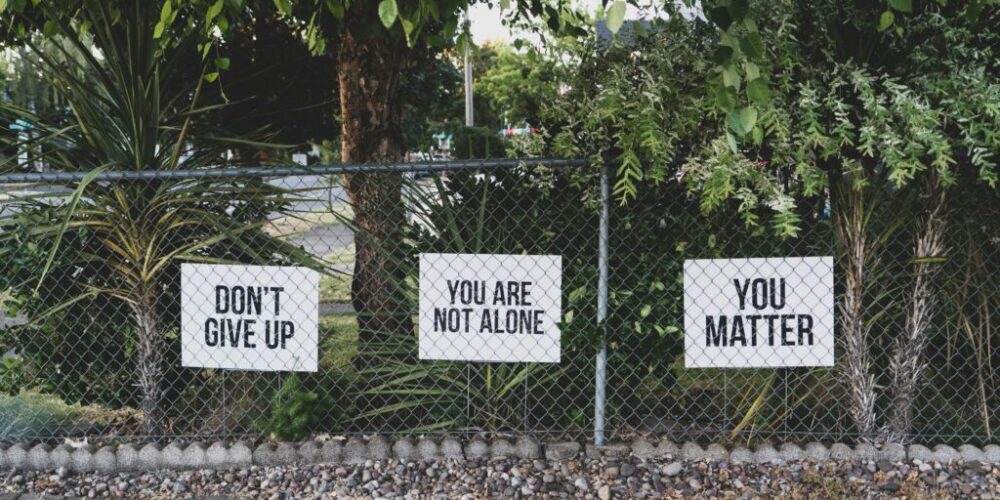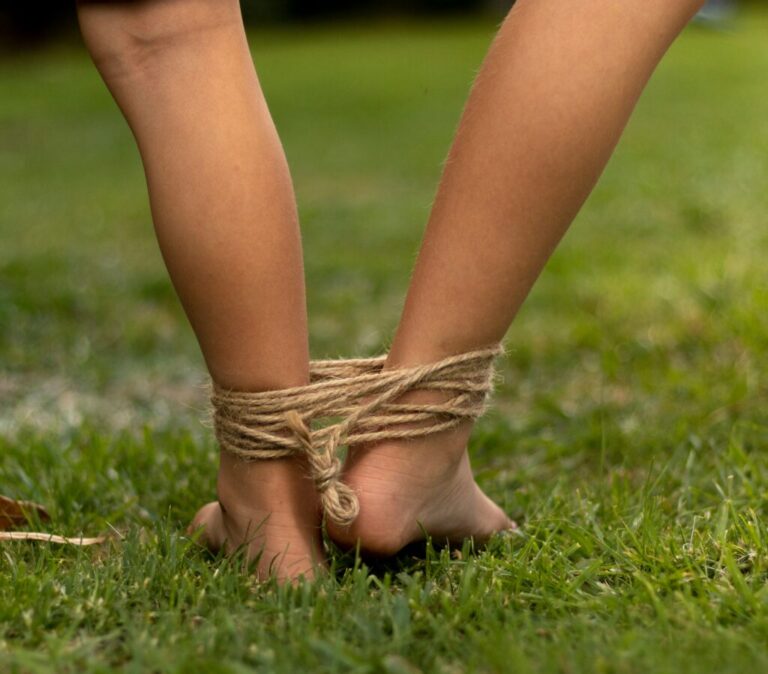It’s complicated but setbacks are a frequent feature of recovery. You shouldn’t let a relapse define you, but you must reach out for help to get you back on track.
The path to recovery is never straight. People face obstacles and setbacks. Sadly, a lapse or a relapse is not uncommon. The numbers aren’t clear, but the suggestion is that between 40% and 60% of people in recovery will have at least one relapse. So, rather than thinking of them as indicative of failure or weakness, I prefer to look at them as an important sign that your old way of coping needs to re-examined and replaced.

Lapse v relapse
You will hear both terms used, and the difference comes down to size. Think of a relapse as a return to full addictive use. Old behaviours will return, such as isolating, hiding, secrecy, lying. There will be a conscious sense of shame or failure which only serves to trap the person in that old cycle of using. In contrast, a lapse occurs when the person resumes using but stops again after a short period. It is a lot less destructive than returning to full addiction. Think of it more as an everyday slip or a minor setback. If handled well, a lapse can serve as a useful reminder of the dangers of using. But if it is ignored or downplayed, it can be the start of a slippery slope back into addiction.
The stages of a relapse
A relapse isn\’t a sudden event. Usually, there is a build-up that can last weeks or even months and there are various stages. Initially, there is an emotional relapse of sorts, where you are not thinking of using but your behaviours and your emotions are putting you a high-risk category, most likely without your knowing. So, you might become isolated, you might develop a degree of depression or anxiety. Next comes a form of a mental relapse, where people start actively thinking about using. You might remember previous incidents of using, you might start to plan out how you could return to using. And lastly comes the actual physical relapse – the using of the substance again.
The causes of a relapse
Inevitably, there are many causes, but my experience suggests that people come into recovery with unrealistic expectations of how easily it will be to adapt and maintain a sober life. A lot will need to change, and many people are not ready for such a huge adjustment. Your life will have to fit around the requirements of your recovery and not the other way round.
Other common issues are…
- Mental health: Having a co-occurring mental health condition, such as anxiety or depression, can increase the risk of relapse because using becomes a way of managing the symptoms of their condition.
- Physical health: If you have a physical condition, one that causes pain or stress, maybe a chronic condition or a condition that can only be managed not cured, you can be at risk of relapse because again your using becomes your way of treating the condition.
- Cravings: This is a particular problem in early recovery because cravings take time to fade away and so resistance can be hard in the beginning.
- Situational factors: These are always very individual, but certain situations, places, or people can also cause you to relapse. Think of the environment that you were in when you were using. Any element can put you at risk of using again.
Important risk factors
Look out for the following as they can increase the chance of a relapse…
- Untreated mental or physical health conditions
- Untreated emotional, anger or trauma issues
- Isolation, lack of social interaction
- Being around people who are using substances
- Being in triggering places and situations
- Poor coping skills and a low sense of self-efficacy
- Lack of motivation
- Sleep problems
- Lack of professional support
What to do if you relapse
- Get medical attention
- Get support from loved ones and professionals
- Don’t beat yourself up. Blame helps no-one.
- Be patient and keep going.
- Stay connected
How to prevent another relapse
- Identify your triggers and avoid them
- Stay connected to people like you
- Get the right help that suits you
- Find support groups and become an active member
- Deal with your emotional baggage
- Reduce your stress levels
- Don’t forget the basics of self-care: diet, sleep, exercise, work, family, loved ones.
If you or someone you love has relapsed, please get in touch and we can start to better understand just what\’s going on…
REACH ME AT…
anna@kingsleycounselling.com


